Take action here and now
I didn’t know that!
Newsroom
About CSAC
Our Commitment of Service
Chinook Sexual Assault Services is committed to transparency in our service, through honest, respectful and factual representation of how we serve people and use public funds.
Registered as a society under the Society’s Act of Alberta. Incorporation Number 5020314174. As of April 1, 2019, the Chinook Sexual Assault Centre has been granted the privilege of charitable status through the Canada Revenue Agency. Charitable number 72641 0517 RR0001
The Chinook Sexual Assault Centre acknowledges that we are settlers on the traditional territories of the people of the Sik sik ait sitapi or the Blackfoot Confederacy. Today, four nations make up Sik sik aitsi tapi: the Kainai Nation (Blood Tribe), the Piikani Nation, the Siksika Nation in southern Alberta, as well as the Blackfeet Tribe in northern Montana. As both the traditional and current Land Keepers of this area, the Blackfoot Nations have welcomed people from other Indigenous territories, including all signatory Nations of Treaty No. 7, members of the Métis Nation of Alberta Region 3, and non-Indigenous people who have come to call this area home. Our work includes acting on Canada’s Truth and Reconciliation framework with continued learning and action to address deep-rooted systems of oppression and racism. We stand committed to the advancement of equity, diversity and inclusion for all people; for the health and well-being of our community.

